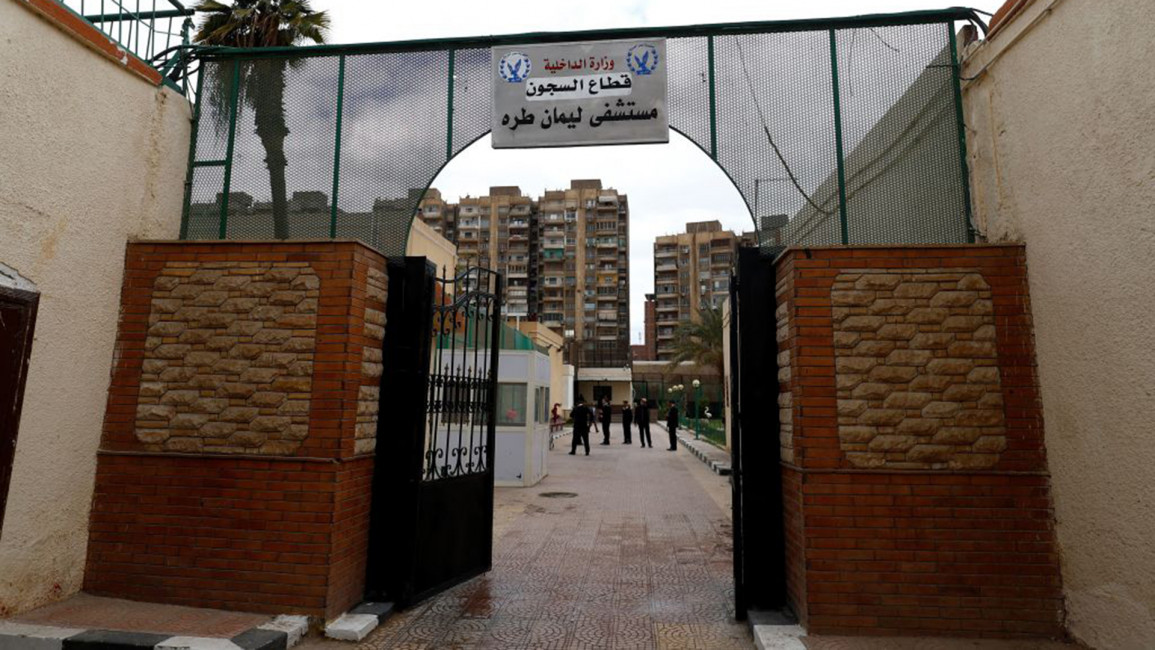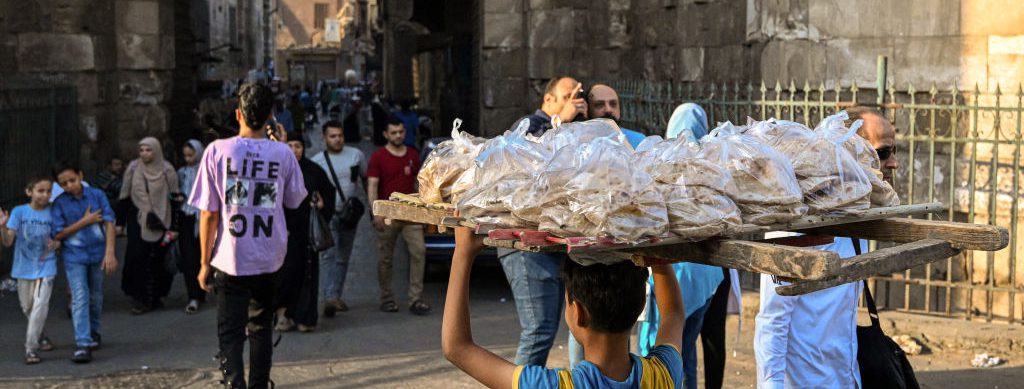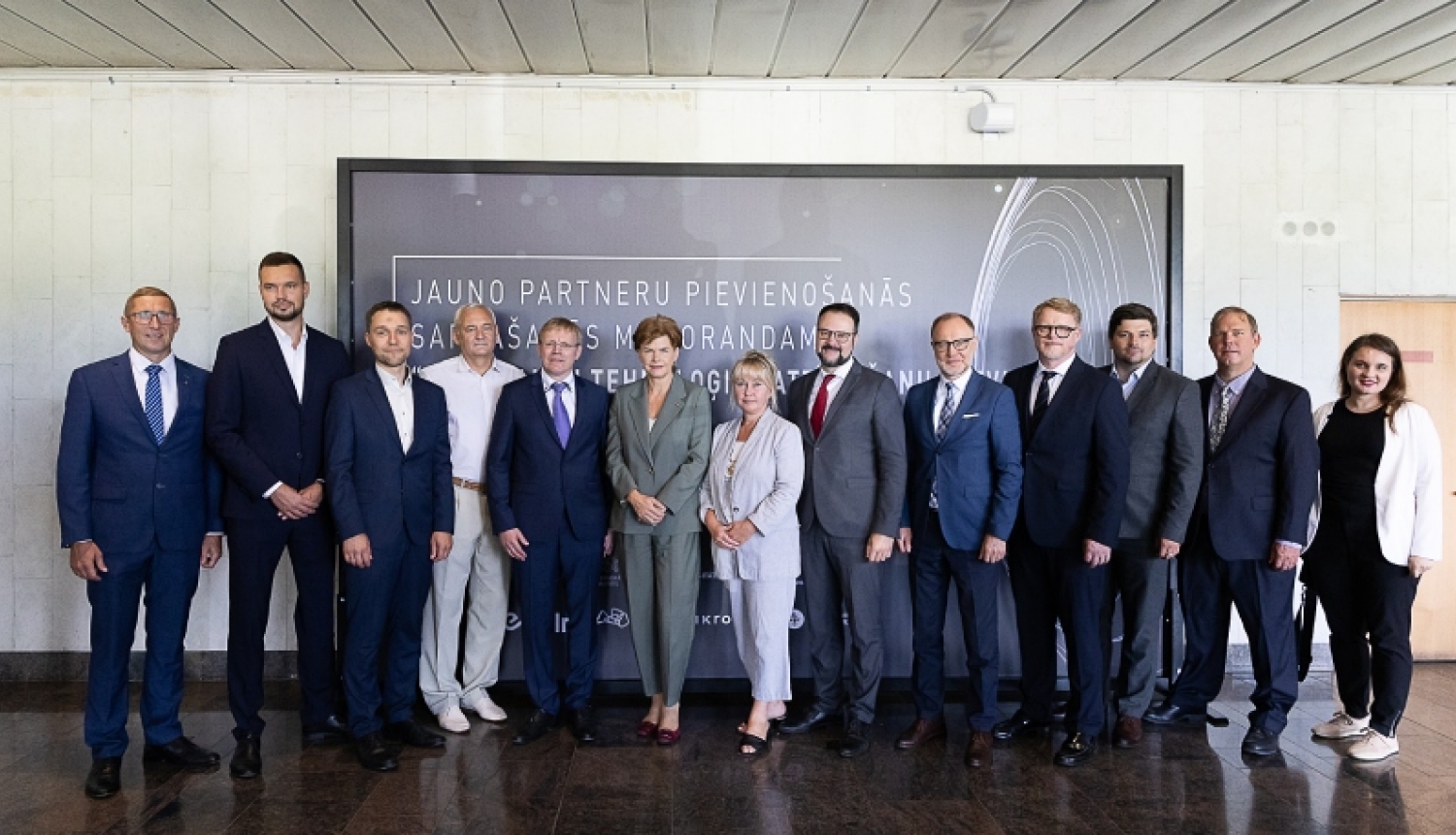'Hope' as 60 rare Siamese crocodiles hatch in Cambodia
Published: 18 Jul 2024 -

An undated handout photo released on July 18, 2024 by conservation group Fauna and Flora shows newly hatched baby Siamese crocodiles in Cardamom National Park, Koh Kong province. (Photo by Hor Leng / Conservation group Fauna and Flora / AFP)
Phnom Penh: A group of 60 rare Siamese crocodiles have hatched in Cambodia, boosting hopes for one of the world's most endangered reptiles, conservationists said Thursday.
Five Siamese crocodile nests were discovered in Cambodia's Cardamom National Park in mid-May, the country's environment and agriculture ministry said in a joint statement with conservation group Fauna and Flora.
The nests contained 106 eggs, of which 66 were fertilised, and a total of 60 Siamese crocodile eggs successfully hatched between June 27 and 30, the ministry said.
"This discovery indicates that the area is a key habitat for natural crocodiles, providing hope for the species' recovery," they said in the statement.
Researchers say there are approximately 1,000 Siamese crocodiles worldwide, including around 300 individuals in the wild in Cambodia.
Their survival is threatened by poachers who supply eggs and adult reptiles to crocodile farms around the region, where their skins are turned into luxury belts, shoes and handbags.
Cambodian environment minister Eang Sophalleth said it was a source of "pride" that the country is home to some of the world's rarest species, pledging continued efforts to "preserve biodiversity."
Deforestation and poaching have devastated many species in Cambodia, one of Asia's poorest and most corrupt nations.
In its haste to develop, the government has been criticised for allowing firms to clear hundreds of thousands of hectares of forest land -- including in protected zones -- for everything from rubber and sugar cane plantations to hydropower dams.
The successful mass hatching shows the vital importance" of protecting the Cardamom National Park, said Pablo Sinovas, country director of Fauna & Flora Cambodia programme.
"With only a few hundred individuals estimated in the wild, the hatching of 60 new crocodiles is a tremendous boost," Sinovas added.
Siamese crocodiles grow up to three metres in length and the Mekong River basin and wetlands in Cambodia appear to hold the only remaining wild populations, according to conservation group WWF.
They are listed as critically endangered by the International Union for Conservation of Nature.
106 rare crocodile eggs are found in Cambodia, the biggest such discovery in 20 years

Posted Jul 18, 2024 07:06:19 AM.
Last Updated Jul 18, 2024 08:24:36 AM.
PNOMH PENH, Cambodia (AP) — Conservationists in Cambodia found 106 eggs of rare Siamese crocodile species in a western Cambodian wildlife sanctuary, officials said Thursday, calling it the biggest discovery in the last 20 years, giving new hope for the world’s rarest crocodile species’ survival in the wild.
The group discovered the species eggs in Cardamom National Park in May. Between June 27 and 30, a total of 60 eggs were successfully hatched, according to a joint statement issued by the ministries of agriculture and environment along with the conservation group Fauna & Flora.
“This discovery indicates that the area is a key habitat for wild crocodiles, providing hope for the species recovery,” the statement said.
The area and the young reptiles have been under the protection of Cardamom National Park Wildlife Sanctuary rangers, it added.
The crocodile species was once widespread across Southeast Asia but is now listed as critically endangered by the International Union for the Conservation of Nature. It had all but disappeared by the 1990s due to a combination of poaching, habitat destruction and crossbreeding with other crocodile species.
Cambodian environment minister, Eang Sophalleth, said his ministry is working on the conservation and habitat restoration of these critically endangered Siamese crocodiles.
“The Siamese crocodiles play an important role in the ecosystem and the discovery of the five nets successfully hatching 60 eggs reflects that the Cardamom National Park is a safe and suitable habitat for this species,” Sophalleth said in Thursday’s statement.
It’s believed only about 1,000 Siamese crocodiles remain in the wild, with more than 300 of them in Cambodia.
In 2017, wildlife researchers found six eggs in Sre Ambel district in the southern province of Koh Kong as they were exploring for tracks and signs of the reptile. Later in September 2021, eight hatchlings were found by conservationists in a river in the Srepok wildlife sanctuary in eastern Cambodia which raised hopes for its survival in the wild.
The Associated Press











